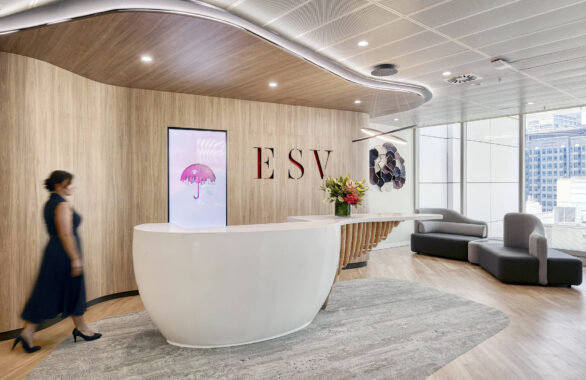11 December 2019
by Kurt Baker and Barry Evans
- Related topics
- Thought Leadership
- Growth & Transformation
Accounting for tax implications of leasing incentives is essential to avoiding a hefty tax bill on top of your relocation costs. This article outlines the income tax impacts of lease incentives and the tax deductibility of expenses.
Lease incentives
In commercial leases, lessors may offer incentives in the form of large upfront cash payments, free fit-outs of premises and rent free or discounted periods. Each of the incentives mentioned create different income tax outcomes which require careful consideration to ensure they are accounted for correctly.
Free fit-outs
In relation to free fit-outs the position will depend upon whether the ownership of the fit-out is passed on to the tenant or remains with the landlord.
If the landlord performs the fit-out and retains ownership, the only benefit to the tenant is the right to use the fit-out during the term of the lease. Payments for the use of a fit-out are generally included with rental payments and are fully deductible.
Under certain circumstances where a landlord performs the fit-out and ownership has been transferred to the tenant, the value of the fit-out is deemed to be assessable income and the tenant has a right or obligation to remove it at the end of the lease. Generally, expenditure incurred when undertaking a fit-out is capital in nature and the “otherwise deductable” rule would not apply. However, if it is found that the fit-out qualifies as plant and equipment, the tenant would be entitled to claim a deduction for depreciation.
If in the process of negotiating a lease incentive it is agreed that an element of the cash received is to be used to finance a fit-out and the tenant receives an amount net of the agreed fit-out costs, then only the net amount is treated as assessable income. Whereas, if the tenant pays for the fit-out after receiving the cash incentive, the tenant will be considered to have derived an assessable amount equal to the full cash incentive.
Cash incentives
Where a business is given cash to enter a new lease for business premises, the incentive is treated as assessable income. This is also the case should any amounts be paid in consideration of variations to a lease or as an incentive to encourage tenants to remain in the same leased premises.
Rent free or discounted periods
Receiving a rent free or discounted period will typically not be subject to tax. The receipt of a rent-free period or reduced rent incentive would result in an assessable amount, but a deduction equal to the value of the incentive would also be available. These incentives are tax neutral.
Leasing incentives can be extremely complex, and each case should be assessed independently. We would advise getting in touch with your engagement partner prior to entering a lease where lease incentives are attached.
Deductibility of expenses – Small business instant asset write-off
Businesses with an aggregated turnover of more than $10 million but less than $50 million are now eligible for the instant asset write-off. This applies to assets that cost less than $30,000 and were purchased and first used or installed ready for us from 7.30pm (AEDT) on 2 April 2019 to 30 June 2020.
Businesses may purchase and claim a deduction for each asset that costs less than the $30,000 threshold. For example, in the same financial year a business may purchase a new server worth $20,000 and then purchase new machinery at $15,000. Under the instant asset write-off rules the business can claim both as each of the assets are under the $30,000 threshold.
For asset costing $30,000 or more the normal depreciation rules apply.
Moving premises is wrought with financial and tax complexities all of which have substantial consequences for your business. We recommend getting in touch with your ESV engagement partner on 02 9283 1666.





